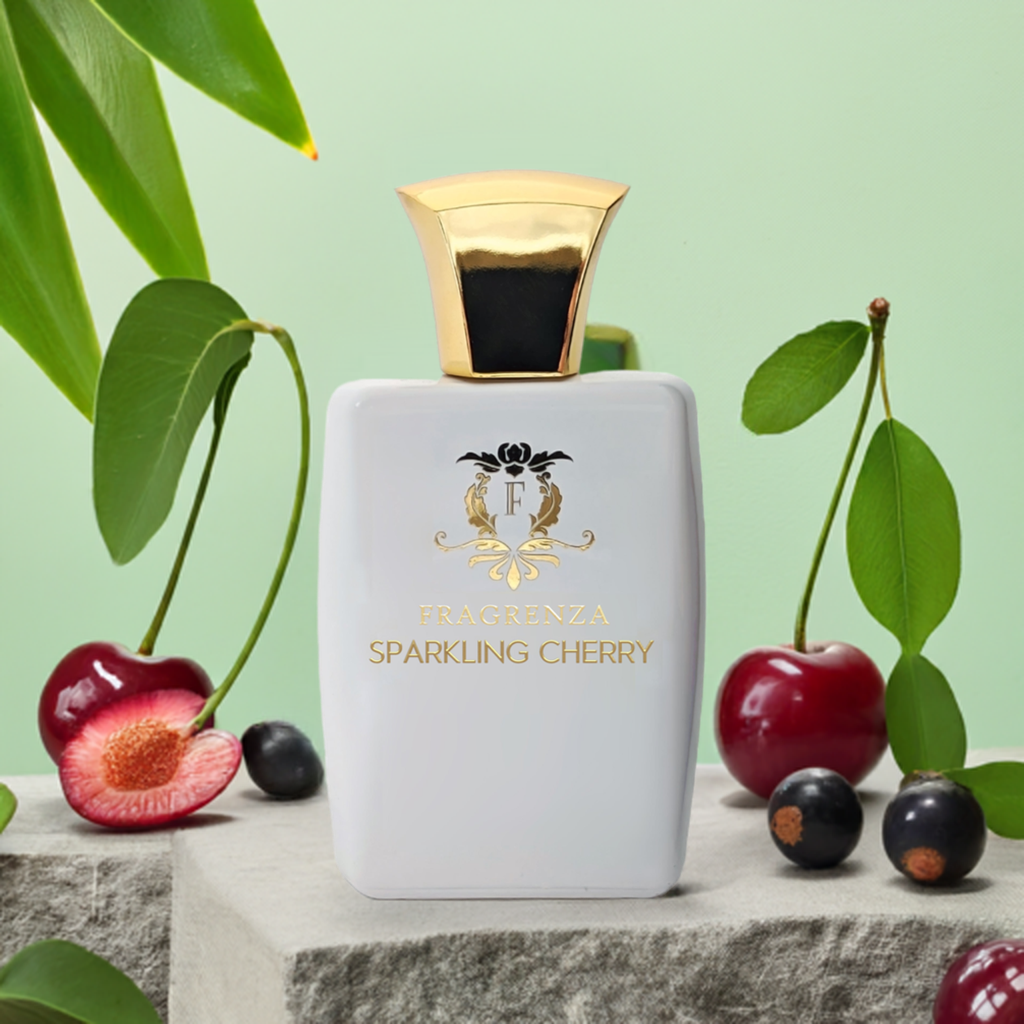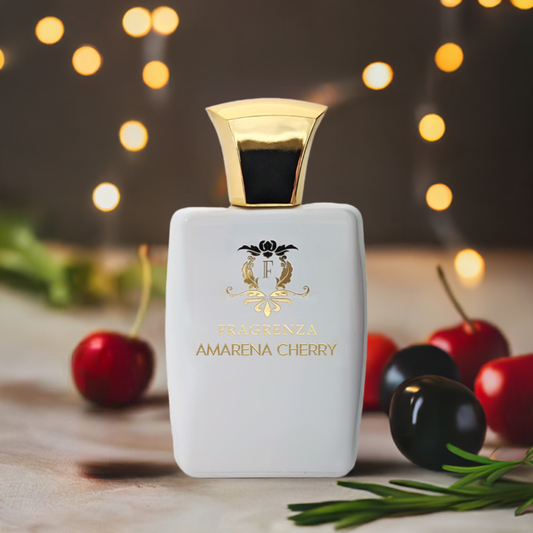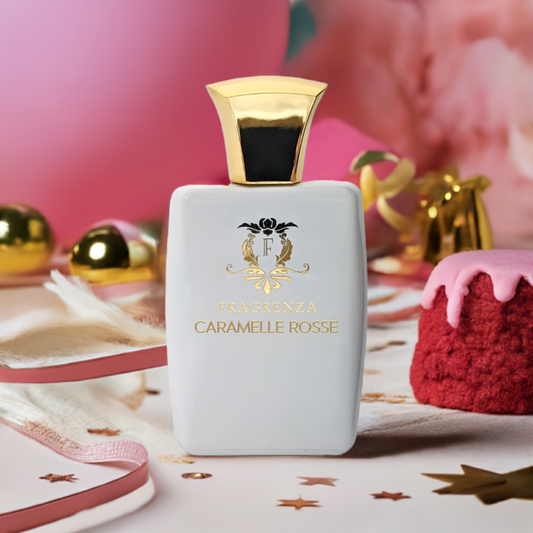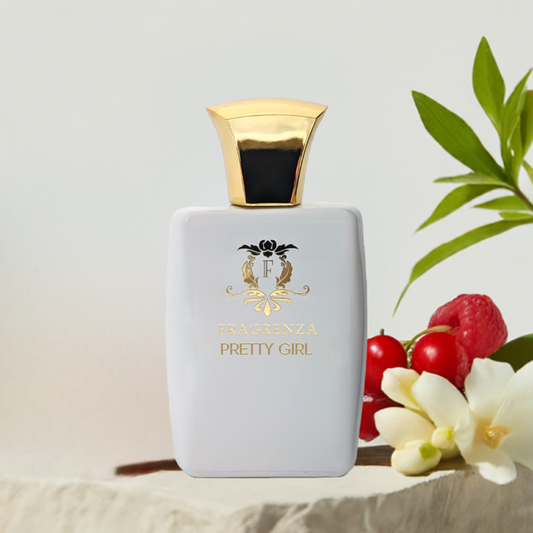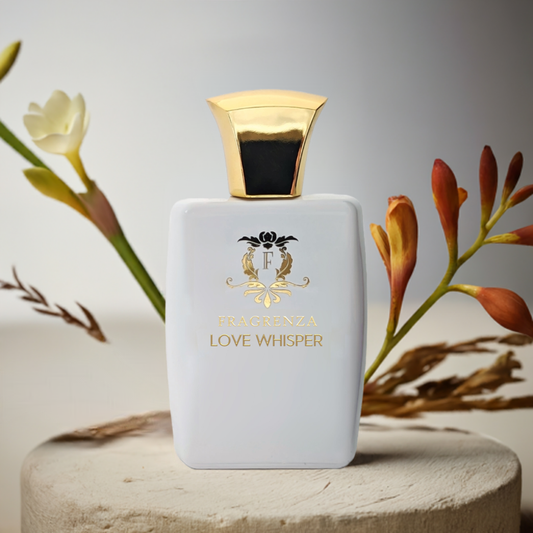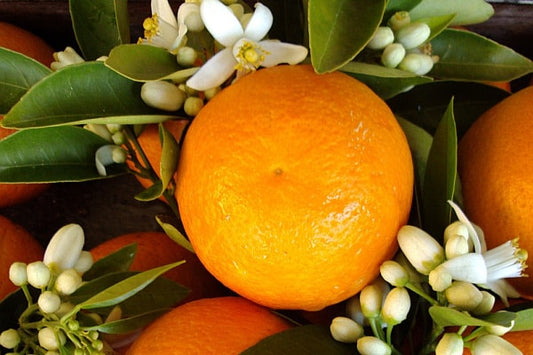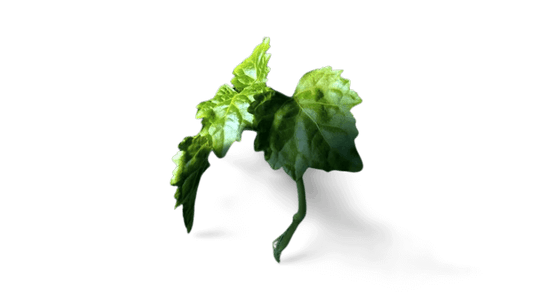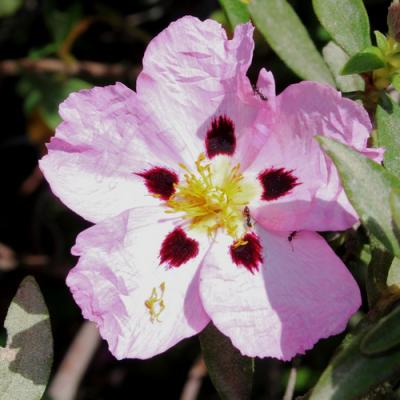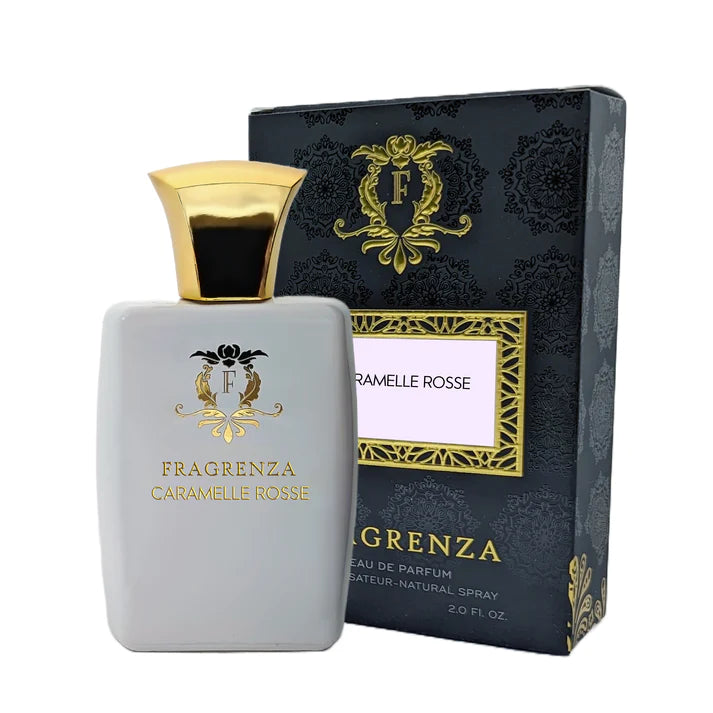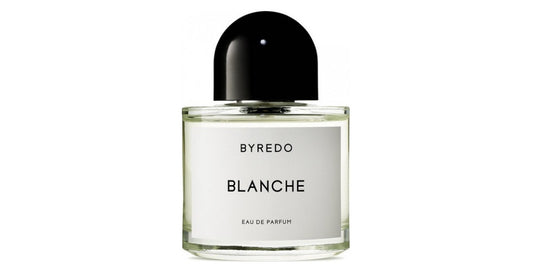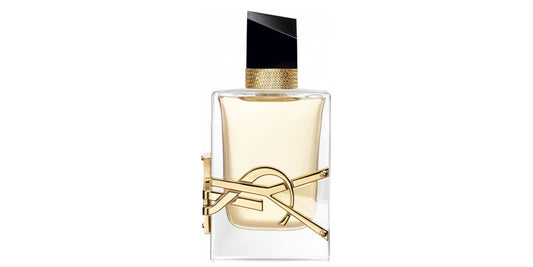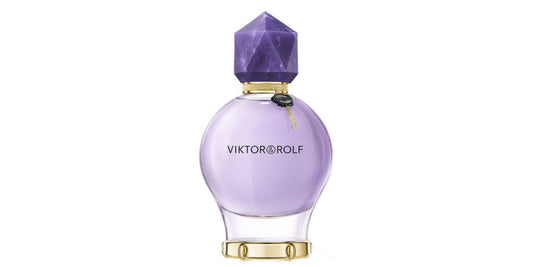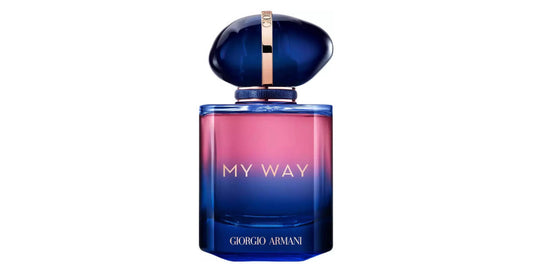Kumquat in perfumery

In This Article
Discovering the Scent of Kumquat: A Unique Citrus in Perfumery
Have you ever wondered, "what is the aroma of kumquat?" In their pursuit of unique raw materials to invigorate the traditional citrus scents, perfumers have explored the kumquat, a small citrus fruit native to Asia, known as fortunella.
This tiny fruit, resembling a mini tangerine, grows in regions including France. It offers a delightful scent derived from its edible skin and fruit, while the essential oil extracted from kumquat is notably aromatic, enticing perfume creators worldwide.
So, how does kumquat scent strike the nose? Think of a lively citrus tang softened by a hint of sweetness. The fragrance of kumquat is a unique mix of these scents, offering a fresh zest in the citrus olfactory group. This golden fruit has several varieties and has even been crossbred with other citrus fruits, leading to novel combinations like orangequat and limonquat.
The Role of Kumquat's Fragrance in Modern Citrus Perfumes
Alongside the traditional citrus notes of orange, lemon, bergamot, and grapefruit, we observe newcomers like mandarin, yuzu, and kumquat in today's fragrances. These scents bring a captivating Asian influence and depth to the citrus family.
The scent character of kumquat provides a fresh approach to citrus fragrances with its soft, sweet, and distinct top notes, making these scents popular across genders, especially during the summer months. Given the ephemeral nature of citrus scents, innovation is essential.
Today, kumquat's unique aroma is found in various citrus subfamilies such as floral chypre citrus, aromatic citrus, woody citrus, and spicy citrus. A standout example is Marc Jacobs' Splash - Kumquat, a brilliant blend of citrus, aromatic, and floral tones.
While kumquat shines in the citrus family, it also demonstrates its versatility in other fragrance families, adding unexpected fruity and acidic accords to various perfumes.
Kumquat: More Than Just a Fragrance Note
- Kumquats are among the hardiest citrus plants, capable of withstanding temperatures as low as 14°F (-10°C).
- When it comes to the fragrance profile of kumquat, one can't overlook its flavor. The whole kumquat, skin included, can be eaten, delivering a sweet flavor from the skin and a tart contrast from the pulp.
- Kumquat's benefits extend beyond its scent and flavor. It is rich in antioxidants, vitamin C, and fiber, making it a healthy addition to various dishes and beverages.
- Originally native to Asia, kumquats were introduced to Europe in the 19th century and later to the United States. Today, they're cultivated in states like California and Florida.
